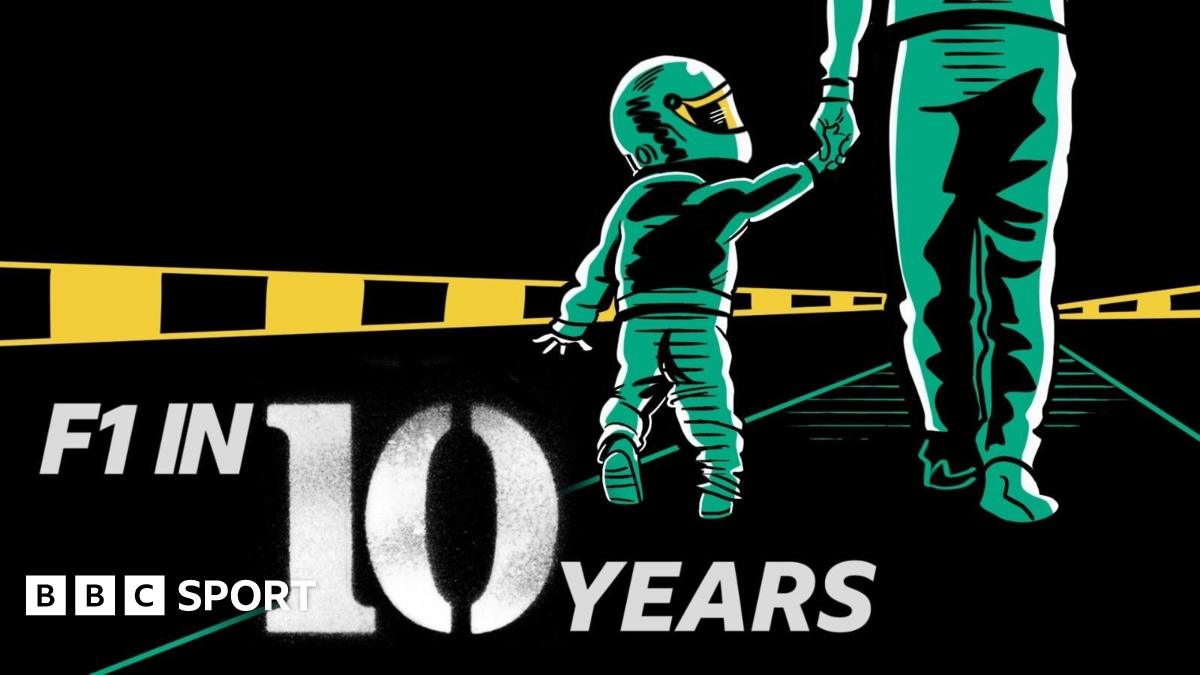Is it okay to lie (a little) on your résumé?

Welcome to Pressing Questions, Fast Company’s workplace advice column. Every week, deputy editor Kathleen Davis, host of The New Way We Work podcast, will answer your biggest and most pressing workplace questions.
Q: Is it okay to lie (a little) on your résumé?
A: I would hope that the answer to this question is obvious, but perhaps not. Lying in some form, whether it’s inflating your job title or experience, exaggerating your skills, or fudging employment or graduation dates is way more common than you might think. In fact, a 2023 ResumeLab survey found that 70% of job applicants have lied on their résumés.
For the record let me be clear, lying on your résumé—no matter how big or small the lie is or what it’s about—is never, ever, ever a good idea. Like ever.
Just because everyone else is doing it doesn’t mean you should. The risk just isn’t worth it. Very few things aren’t discoverable from a quick search and in most industries professional networks can be small and paths are bound to cross. For example if you lie about your employment dates or role in a certain company, your potential employer can easily find out the truth and, no matter how impressive you are, you have broken their trust and ruined any future employment chances with that company.
Even if your lies aren’t discovered during the hiring process, they can haunt you later on. Did you list skills that you don’t really have? Did you say that you know a software system or tool that you aren’t really that familiar with? Those mistruths will come back to bite you as soon as you’re on the job. All lies come to light eventually and even if they don’t, you’ll have to remember them and stay on top of the cover-up for your entire tenure.
But really, lying isn’t necessary. Here are a few legitimate ways to redo your résumé in honest ways that will smooth over the things you might be tempted to lie about.
Explain the gaps in your career history
I gave this advice when addressing if your résumé needs to be one page: Hardly anyone has a linear career path and you aren’t fooling anyone by glossing over a year or more. If you freelanced, cared for family, or volunteered during times you weren’t traditionally employed, that all counts. In other words, rather than changing or omitting dates, address your career gaps either on your résumé or in your cover letter and frame them as strengths.
Show off your accomplishments
Instead of inflating your past job titles, talk up what you’ve done, the impact you’ve made, and who you’ve worked with. This is something Fast Company contributor and résumé expert Donna Svei calls “affiliative branding.”
Here’s the example she gives for how it works: “An early-career client I once worked with wanted a specific job but couldn’t land an interview. We analyzed the posting and saw that the job involved working with well-known artists. My client had that impressive experience but hadn’t mentioned it in their résumé. We wrote a bullet that named a few of the top artists they had worked for (affiliative branding) and described my client’s wins. They got the job three weeks later.”
Cut the irrelevant information and make what’s there is persuasive
I got into this in my advice on what to cut from your résumé. Sometimes in the quest to sound impressive, candidates clutter up their résumés with a bunch of unneeded hyperbole that isn’t an honest representation of their skills or experience.
Trim all of that junk and replace it with facts that are presented in a persuasive way. Svei recommends checking that those facts are presented in a positive light. “When a fact is described negatively, I ask myself, ‘can I reframe this as a positive?’ It might be as simple as changing ‘reduced turnover to 10%,’ to ‘increased team retention to 90%,’” she says.
Here’s more about lying on résumés:
- How to spot a lie on a candidate’s résumé
- 5 ways to make your résumé more impressive without lying
- 400 hiring managers reveal when it’s okay to lie on your résumé
What's Your Reaction?
 Like
0
Like
0
 Dislike
0
Dislike
0
 Love
0
Love
0
 Funny
0
Funny
0
 Angry
0
Angry
0
 Sad
0
Sad
0
 Wow
0
Wow
0

.png?width=1200&auto=webp&trim=0,300,0,0#)






























































































